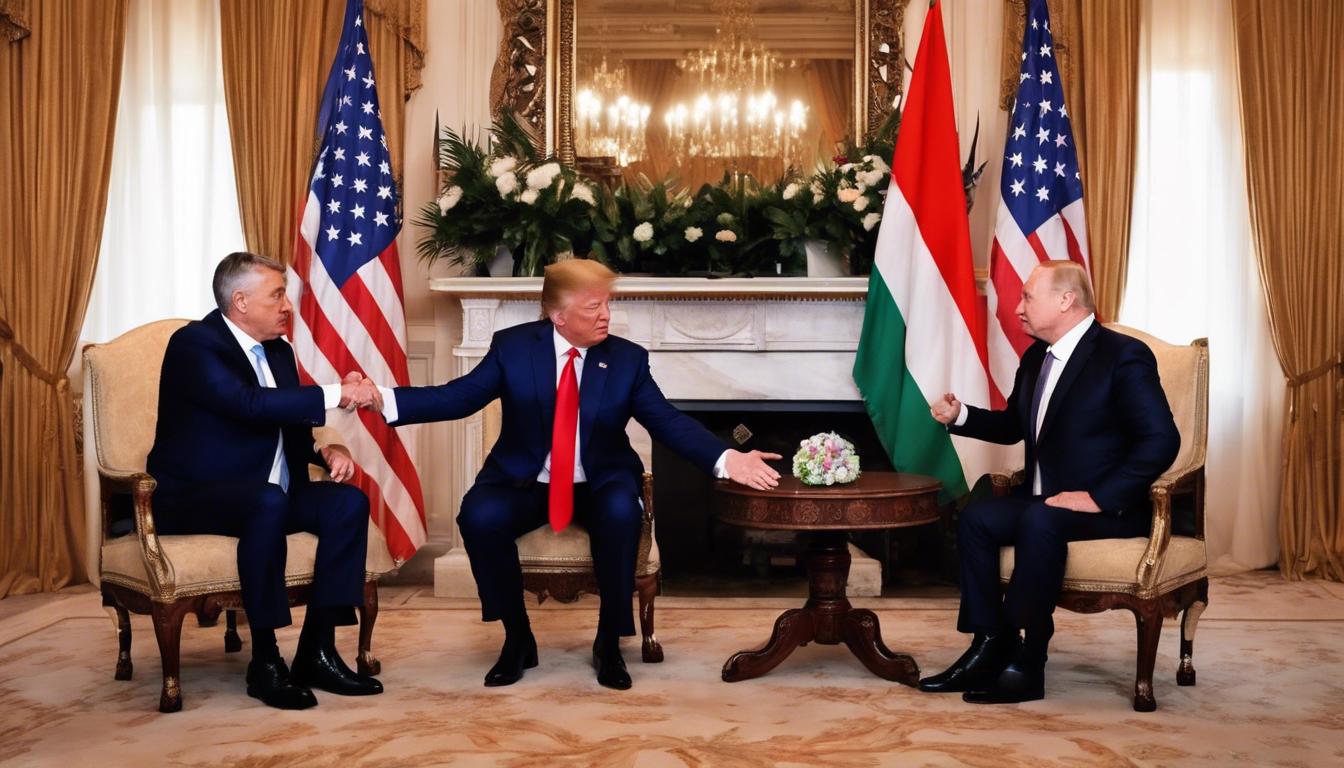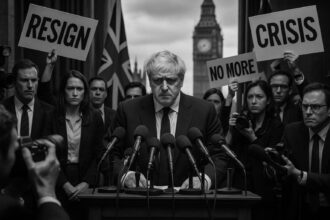Former US President Donald Trump’s recent hosting of Hungarian Prime Minister Viktor Orbán at Mar-a-Lago has ignited discussions on the potential impact of Orbán’s governance style on American politics and foreign policy directions amid escalating Hungary-US tensions.
Former US President Donald Trump hosted Hungarian Prime Minister Viktor Orbán at his Mar-a-Lago residence recently, drawing attention to their political camaraderie and sparking discussions on the potential influence of Orbán’s governance style on Trump’s political strategies. Orbán, known for his authoritarian rule in Hungary, has been praised by Trump as a ‘strong man’ and a ‘boss’. This meeting prompted speculation regarding the implications of Trump’s admiration for Orbán on American politics, especially in light of Trump’s past leadership of the Republican Party, which critics say turned into a personality cult centered around him.
Orbán’s transformation of his party into a personal vehicle for power, his control over educational and cultural sectors, and his alignment with leaders like Russia’s Vladimir Putin are viewed as concerning precedents for the US. The emphasis on a transactional relationship with other authoritarian figures raises questions about the potential foreign policy direction under another Trump presidency.
Subsequently, tensions between Hungary and the United States escalated when President Joe Biden accused Prime Minister Orbán of seeking dictatorship, leading to Hungary summoning the US ambassador. The Hungarian government refuted Biden’s claims, labeling them as “lies” and demanding evidence. Orbán’s recent visit to the US and his engagement with Trump were met with scrutiny, particularly regarding Orbán’s alignment with Kremlin interests and mutual praise between Orbán and Trump, especially on issues like immigration and Ukraine policy.
The interactions between Trump and Orbán, alongside Biden’s accusations, have exacerbated diplomatic relations between Hungary and the US, marking a low point amid growing concerns over Orbán’s governance and his increasingly close ties to Moscow and Beijing. This situation underscores the complicated diplomatic dynamics between Hungary, its Western allies, and the internal political discourse within the United States concerning its future direction and foreign policy priorities.













